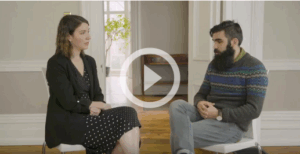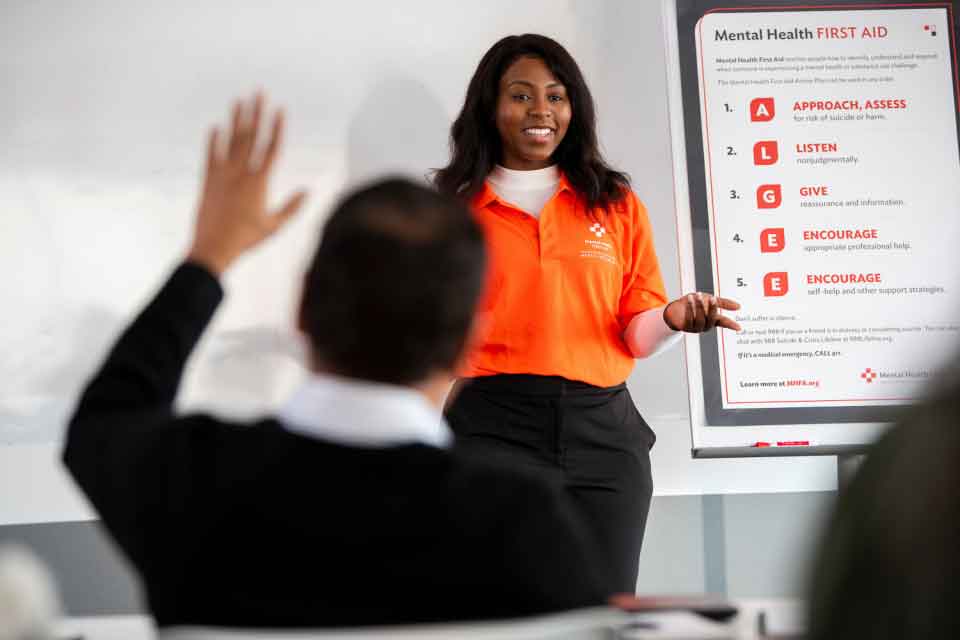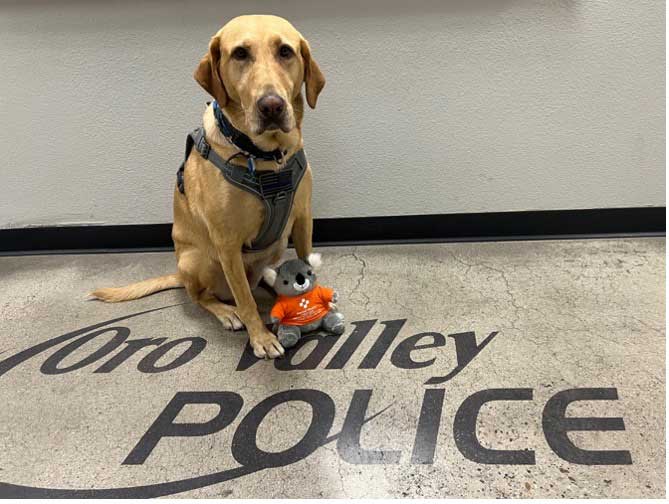In January, Droga5, the Jed Foundation (JED), the American Foundation for Suicide Prevention and the Ad Council launched a viral ad campaign geared toward suicide prevention, called Seize the Awkward. But at Mental Health First Aid USA, we know that conversations about mental health and substance use don’t have to be awkward, if you know what to say and what to do.
That’s why our #BeTheDifference topic of focus in June is The “Awkward” Conversation: Tips and Tools for Talking about Mental Health.
Here’s how you can get involved and #BeTheDifference this month:
1. Show, don’t tell. This video shows real-life conversations between Dani – a person facing a mental health challenge – and some complete strangers. As Dani opens up about her depression, we see how the strangers react and attempt to break down the barriers around talking openly about mental health and substance use. Take a look and share the video with your social networks!
2. Share information. Each week in June, we’ll be sharing an infographic featuring some practical tips for having productive, supportive conversations about mental health and addiction on Twitter and Facebook, like this one on five conversation starters about mental health. Look for upcoming graphics on Twitter and Facebook, and feel free to share them with your networks.
3. Read up. We’ll be blogging about ways to talk about mental health and substance use and how to support someone in your life on the #BeTheDifference blog all month long. Do you have a story to share about supporting someone experiencing a mental health or substance use challenge? Email Erica Hoffman at EricaH@TheNationalCouncil.org for a chance to be featured on the blog!
4. Join a conversation. On Thursday, June 21, we’re hosting a #BeTheDifference Twitter Chat, The “Awkward” Conversation: How to Have Effective Conversations About Mental Health. Join us on Twitter from 2 – 3 p.m. ET to talk about how to notice when a person may need support with a mental health challenge, ways to start and continue conversations about mental health and substance use and where you can direct people for appropriate help.
Thank you for all you do each day to make having conversations about mental health and addiction easier. The more we talk about it, the more people can get the support they need. Together, our voices can help break down the barriers.




